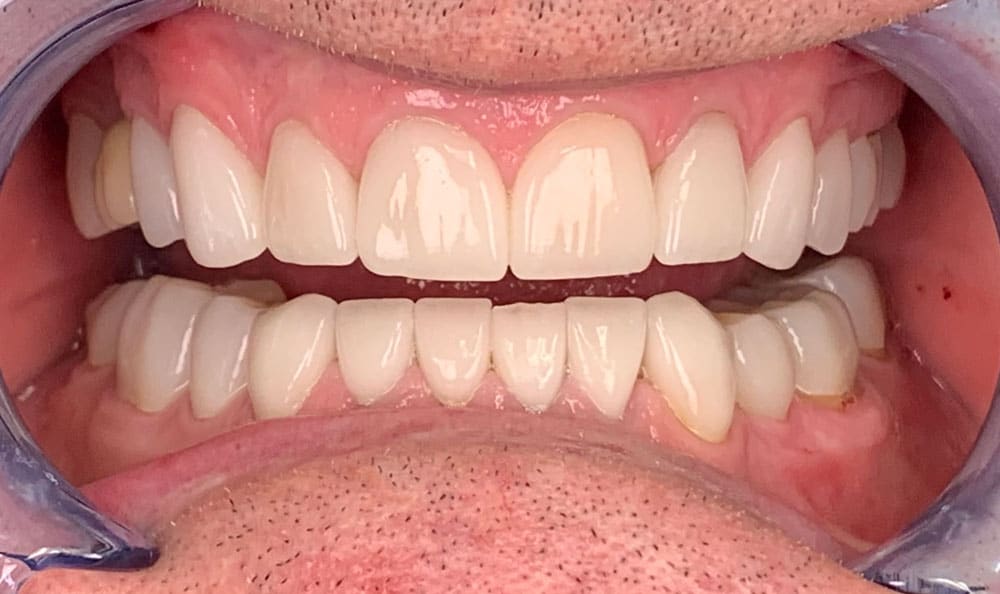What Types Of Materials Are Used For Dental Crowns?
Dental crowns and implants are vital components in modern dentistry, serving as effective solutions for restoring damaged teeth and improving oral health. This article will delve into the world of Dental Crown Procedure, exploring the different materials used, the procedure for each, and the numerous benefits they offer. Whether you're seeking a durable solution for a damaged tooth or a permanent replacement for a missing tooth, understanding the options available will help you make informed decisions regarding your dental health.
Dental Crowns: Materials And Applications
Dental crowns, also known as dental caps, are tooth-shaped coverings that encase damaged or weakened teeth, restoring their functionality and appearance. These crowns are fabricated from various materials, each possessing unique characteristics and applications. The following are the most commonly used materials for dental crowns:
Porcelain: Renowned for its natural appearance, porcelain crowns blend seamlessly with adjacent teeth, making them an ideal choice for front teeth restoration. Their biocompatibility and stain-resistant properties also contribute to their popularity.

Ceramic: Similar to porcelain, ceramic crowns offer aesthetic appeal and are a preferred choice for those with metal allergies. They are durable and visually pleasing, suitable for both front and back teeth.
Metal (Gold, Silver, etc.): Metal crowns are known for their exceptional strength and longevity, making them suitable for molars that endure considerable chewing forces. Their metallic appearance, however, makes them less favored for visible teeth.
Porcelain-fused-to-metal (PFM): Combining the strength of metal with the aesthetics of porcelain, PFM crowns strike a balance between durability and natural appearance. They find common use in dental bridges and back teeth restorations.
Zirconia: This advanced ceramic material offers excellent durability, making it suitable for both front and back teeth. Zirconia crowns are biocompatible, metal-free, and provide superior aesthetics.
Dental Crown Procedure
The dental crown procedure involves several stages, with meticulous attention to detail to ensure a perfect fit and appearance. Here is an overview of the typical steps involved:
Consultation and Examination: During your initial appointment, the dentist will assess your oral health, discuss the need for a dental crown, and explain the procedure.
Tooth Preparation: The tooth receiving the crown will be prepared by removing any decay or damage. It is then reshaped to accommodate the crown. In some cases, additional filling material may be used to build up the tooth's structure.
Impression: An impression of the prepared tooth and surrounding teeth is taken to create a custom-fit crown that matches your bite and aligns with neighboring teeth.
Temporary Crown: While waiting for the permanent crown to be fabricated, a temporary crown is placed to protect the prepared tooth.
Crown Fabrication: The impression is sent to a dental laboratory, where skilled technicians craft the permanent crown from the chosen material.
Crown Placement: Once the permanent crown is ready, the temporary crown is removed, and the new crown is carefully adjusted, ensuring a precise fit and proper bite. The dentist will cement the crown into place.
Dental Implants: Materials And Benefits
Dental implants are revolutionary replacements for missing teeth. They consist of titanium or titanium alloy posts surgically inserted into the jawbone, acting as artificial tooth roots. Dental implants offer several advantages over traditional tooth replacement options like dentures and bridges:

Osseointegration: The titanium post fuses with the jawbone through osseointegration, providing a stable and long-lasting foundation for the replacement tooth.
Aesthetics: Dental implants closely resemble natural teeth, enhancing the smile and facial appearance. They prevent bone loss and gum recession, preserving the overall facial structure.
Functionality: Implants restore full chewing function, allowing patients to enjoy their favorite foods without restrictions.
Durability: With proper care, dental implants can last a lifetime, making them a cost-effective long-term solution.
Improved Oral Health: Unlike bridges, dental implants don't require altering adjacent teeth, preserving their integrity.
Conclusion
Dental crowns and implants have revolutionized restorative dentistry, offering durable solutions for damaged and missing teeth. The choice of materials, such as porcelain, ceramic, metal, and zirconia, allows patients to customize their treatment based on aesthetics and functional requirements. Whether you opt for a dental crown or implant, consulting with a skilled dentist will ensure the best possible outcome for your oral health and overall well-being. Invest in these innovative dental solutions to regain your smile and confidence for years to come.
Comments
Post a Comment